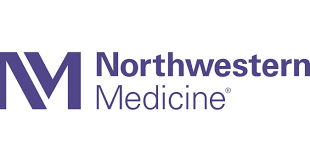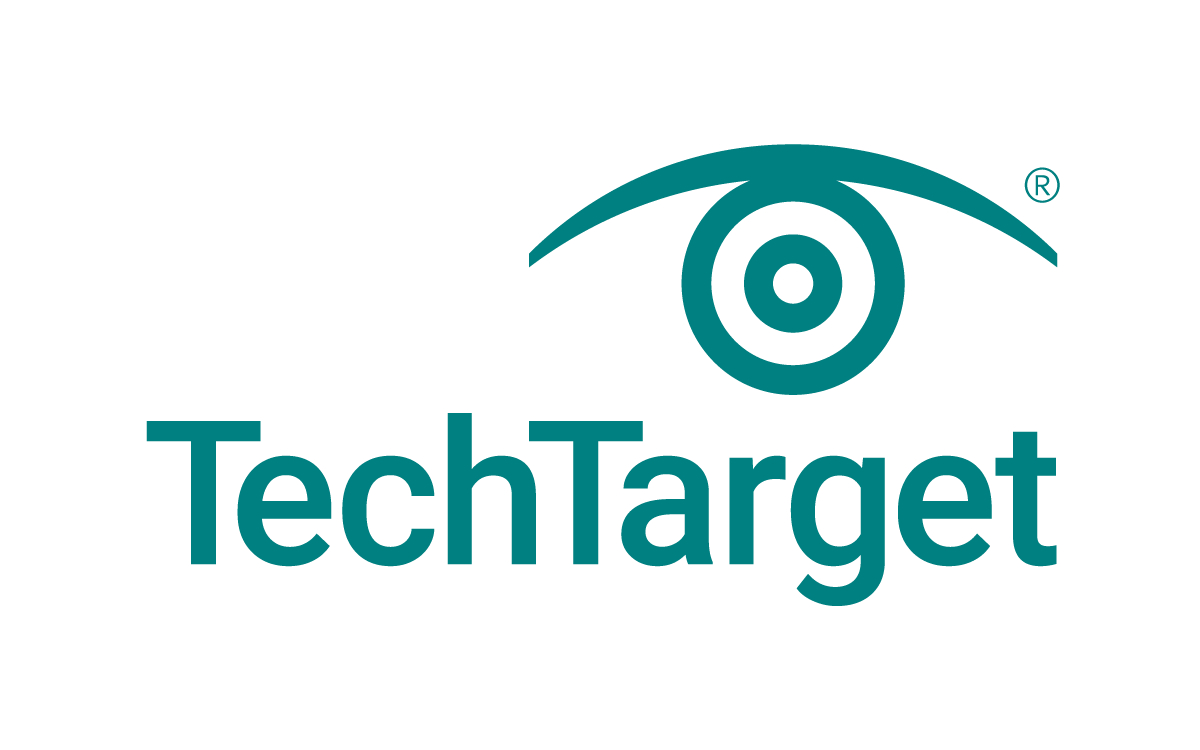Editor's Note As hospital systems seeing a significant jump in outpatient care, they are also seeing a rise in patient acuity across inpatient care. This increased patient acuity for inpatient care is driving changes to care models across both settings, an October 27 article in Becker’s Clinical Leadership reports. Clinical…

Editor's Note Hospitals can reduce anesthesia costs by up to 30% and significantly curb provider burnout by embracing technology-enabled collaboration with anesthesiology practices, Surgical Directions August 27 reports. The report outlines how rising demand, workforce shortages, and variable pay structures have pushed anesthesia expenditures up sharply in recent years. Traditional…

Editor's Note Laser cataract surgery is entering a new era where robotic systems and artificial intelligence (AI) work alongside surgeons to improve accuracy, efficiency, and patient outcomes. According to the July/August 2025 edition of Ophthalmology Times, recent advances in robotic integration, astigmatism management, and AI-driven imaging are minimizing variability, reducing…

Editor's Note Consumer wearables can help detect surgical complications in children days before formal diagnosis, according to a July 9 article from the Feinberg School of Medicine at Northwestern Medicine. The article focuses on a study published in Science Advances and led by researchers at Northwestern University, Shirley Ryan AbilityLab,…

Editor's Note A machine learning (ML) model that integrates clinical data with natural language processing significantly improved detection and management of hospital delirium in older adults. Results were published May 7 in JAMA Network Open. Conducted at Mount Sinai Hospital, the quality improvement study evaluated the association of an ML-based…

In the OR, precision and focus can mean the difference between life and death. However, surgical patient outcomes hinge on more than the competence of those working in these inherently intense environments. Every procedure also depends on the laborious, behind-the-scenes efforts of the people responsible for ensuring every surgical instrument…

Editor's Note Recent reporting from Fierce Healthcare highlights two notable technology advances that promise to impact surgical patients and caregivers: an AI-driven blood pressure monitoring system and a remote-controlled endovascular robotics platform. The first development, from BD, is designed to help clinicians anticipate and manage dangerous blood pressure drops during…

Editor's Note Machine learning (ML) models designed to predict patient mortality are falling short when it comes to identifying severe injuries that could lead to death, according to a March 27 report in TechTarget. The article focuses on research published in Nature Communications Medicine found that ML mortality prediction models…

Editor's Note A newly developed predictive model offers healthcare professionals a dynamic tool to assess the risk of nosocomial infections (NIs) in patients following colon cancer surgery, potentially improving early intervention strategies. Published February 27 in Frontiers in Oncology, the study introduces a nomogram—a statistical model that visualizes key risk…

Editor’s Note Large language models (LLMs) outperformed traditional methods in predicting postoperative complications, according to a study on artificial intelligence (AI) in perioperative risk assessment published February 11 in the journal Nature. Results indicate AI-driven models could enhance patient safety and streamline clinical workflows by detecting complications earlier. Researchers analyzed…